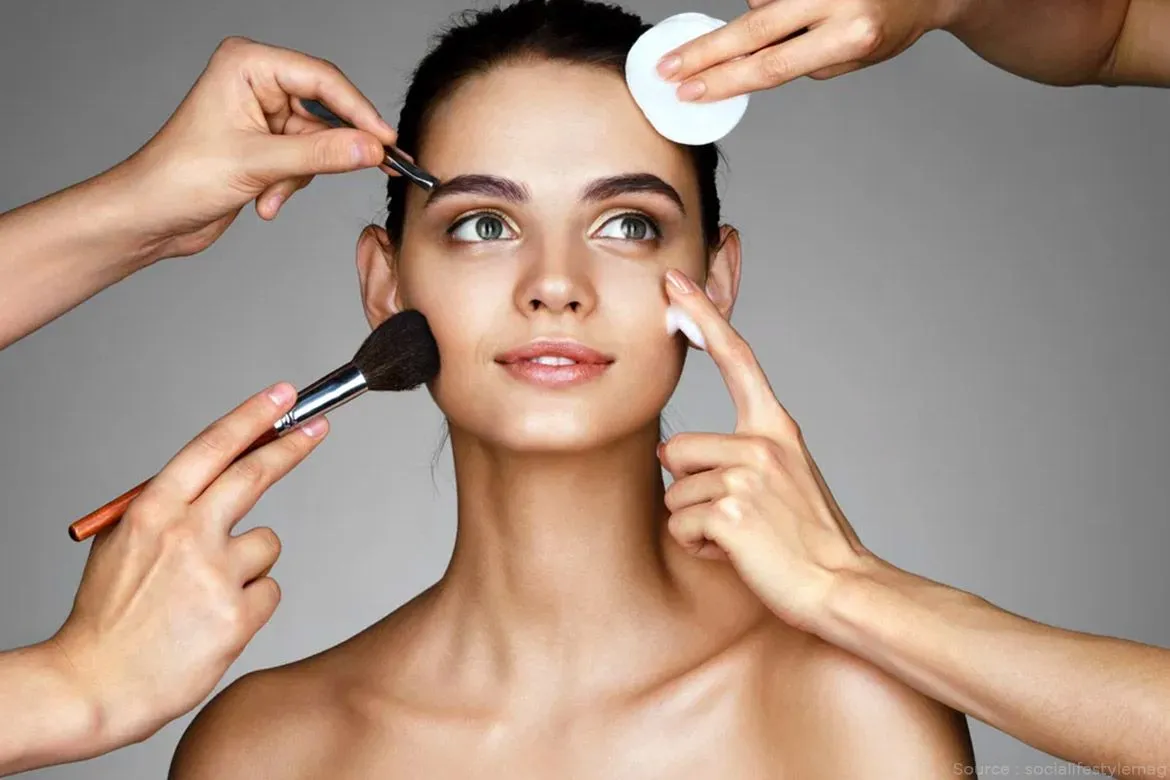Basic Cosmetology
Introduction to Cosmetology
Skincare Basics
Importance of Personal Grooming and Hygiene
Introduction
Personal grooming and hygiene play a crucial role in maintaining a healthy and presentable appearance. As a cosmetologist, understanding the importance of grooming and hygiene is essential for yourself and your clients. Good grooming habits create a positive impression, build confidence, and improve overall well-being.

What is Personal Grooming?
Personal grooming refers to maintaining and enhancing one’s appearance through proper care of skin, hair, nails, and hygiene practices. It includes basic habits such as:
- Skincare routines like cleansing, moisturizing, and exfoliating.
- Haircare routines like shampooing, conditioning, and styling.
- Nail care like manicures and pedicures.
- Oral hygiene and general cleanliness.
A well-groomed person reflects confidence, self-discipline, and professionalism.
Why Personal Grooming is Important?
- Creates a Positive Impression: Personal grooming enhances your appearance, which creates a favorable impression in personal and professional environments.
- Boosts Confidence and Self-Esteem: Looking good makes you feel good and boosts your confidence.
- Promotes Good Health: Good hygiene prevents diseases, infections, and skin issues.
- Essential for Professional Success: In the beauty and wellness industry, clients expect cosmetologists to be well-groomed and presentable.
Components of Personal Grooming
- Skincare: Importance of daily cleansing, toning, and moisturizing. Regular exfoliation and the use of appropriate face masks.
- Haircare: Regular shampooing and conditioning to maintain hair health. Proper hairstyling that suits your face shape and occasion.
- Nail Care: Importance of clean and trimmed nails. Benefits of manicures and pedicures for nail health and appearance.
- Oral Hygiene: Regular brushing and flossing to maintain fresh breath and healthy teeth. Use of mouthwash to prevent infections.
- Personal Hygiene Practices: Regular bathing and maintaining body cleanliness. Use of deodorants and perfumes to stay fresh. Clean and well-ironed clothes.
Hygiene in the Beauty Industry
In the beauty and wellness industry, maintaining hygiene is not just important for personal health but also for the safety of clients.
Key Hygiene Practices for Cosmetologists:
- Hand Hygiene: Wash hands before and after working with clients.
- Tool Sanitization: Clean and disinfect tools like scissors, combs, and makeup brushes regularly.
- Workstation Cleanliness: Ensure chairs, mirrors, and other surfaces are clean before starting work.
- Personal Appearance: Wear clean clothes and tie back hair for a neat look.
- Client Safety: Use disposable items where possible (e.g., tissues, gloves) to avoid contamination.
Benefits of Good Hygiene for Cosmetologists
- Prevents the spread of infections and diseases.
- Builds trust with clients and ensures their safety.
- Enhances the overall professionalism of the cosmetologist.
- Helps maintain a clean and organized work environment.
Practical Steps for Personal Grooming
Here are some practical tips for maintaining personal grooming:
- Morning Routine: Wash your face with a mild cleanser, apply moisturizer and sunscreen, brush your teeth, and style your hair.
- Daily Haircare: Avoid excessive use of heat tools. Use shampoos and conditioners suitable for your hair type.
- Weekly Skincare: Exfoliate your face and body to remove dead skin. Apply face packs or masks for deep cleansing.
- Nail Care: Trim your nails weekly and use a nail file for shaping. Apply cuticle oil for healthy-looking nails.
- Maintain Personal Hygiene: Bathe daily and wear clean, fresh clothes. Use deodorants and perfumes for freshness.
Summary of Lesson 2
Personal grooming enhances appearance, confidence, and health. Good hygiene is essential for both personal well-being and client safety. Components of grooming include skincare, haircare, nail care, oral hygiene, and cleanliness. Hygiene in the beauty industry ensures a professional and safe environment for clients.